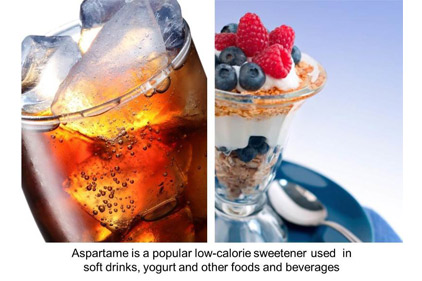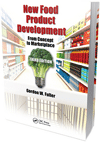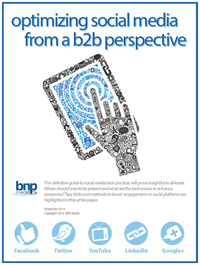American Cancer Society: No Increased Risk of Cancer from Aspartame
Prospective study included more than 100,000 older men and women

A large, prospective study of more than 100,000 older men and women has concluded that moderate aspartame consumption is not associated with an increased risk of non-Hodgkin lymphoma (NHL).

|
In the study, published in the Journal of Nutrition, researchers from the American Cancer Society used data from participants in the Cancer Prevention Study-II Nutrition Cohort, their study of cancer incidence and mortality in the U.S. During enrollment in 1992, participants completed a questionnaire, noting information related to diet and other lifestyle factors. Participants completed follow-up questionnaires in 1999 and 2003 which included questions related to consumption of artificially sweetened beverages and tabletop sweeteners containing aspartame. [More about the study here: Artificially and Sugar-Sweetened Carbonated Beverage Consumption Is Not Associated with Risk of Lymphoid Neoplasms in Older Men and Women.]
Results of the study found that there was no significant association between consumption of aspartame and increased risk of NHL. The researchers concluded, "Aspartame intake, estimated from artificially sweetened carbonated beverage consumption and use of aspartame packets, also was not associated with NHL risk." Further, they concluded, "Overall, results of this study suggest that moderate consumption levels of artificially and sugar-sweetened carbonated beverages are unlikely to increase the risk of NHL in older men and women."
"The study supports the decades of research that have continued to find that aspartame is safe for use in foods and beverages," said Haley Stevens, Ph.D., President of the Calorie Control Council. "It also supports the conclusions of the National Cancer Institute which have determined that aspartame does not increase a person's risk of developing cancer."
Aspartame is one of the most thoroughly studied food ingredients in the food supply. Its safety has been reaffirmed by leading regulatory and governmental agencies around the world including the U.S. Food and Drug Administration (FDA), Health Canada and the European Food Safety Authority (EFSA). The National Cancer Institute has concluded that, based on research from the National Institutes of Health (NIH)-American Association of Retired Persons (AARP) Diet and Healthy Study, aspartame is not associated with the development of brain cancer, leukemia or lymphoma.
Looking for a reprint of this article?
From high-res PDFs to custom plaques, order your copy today!






